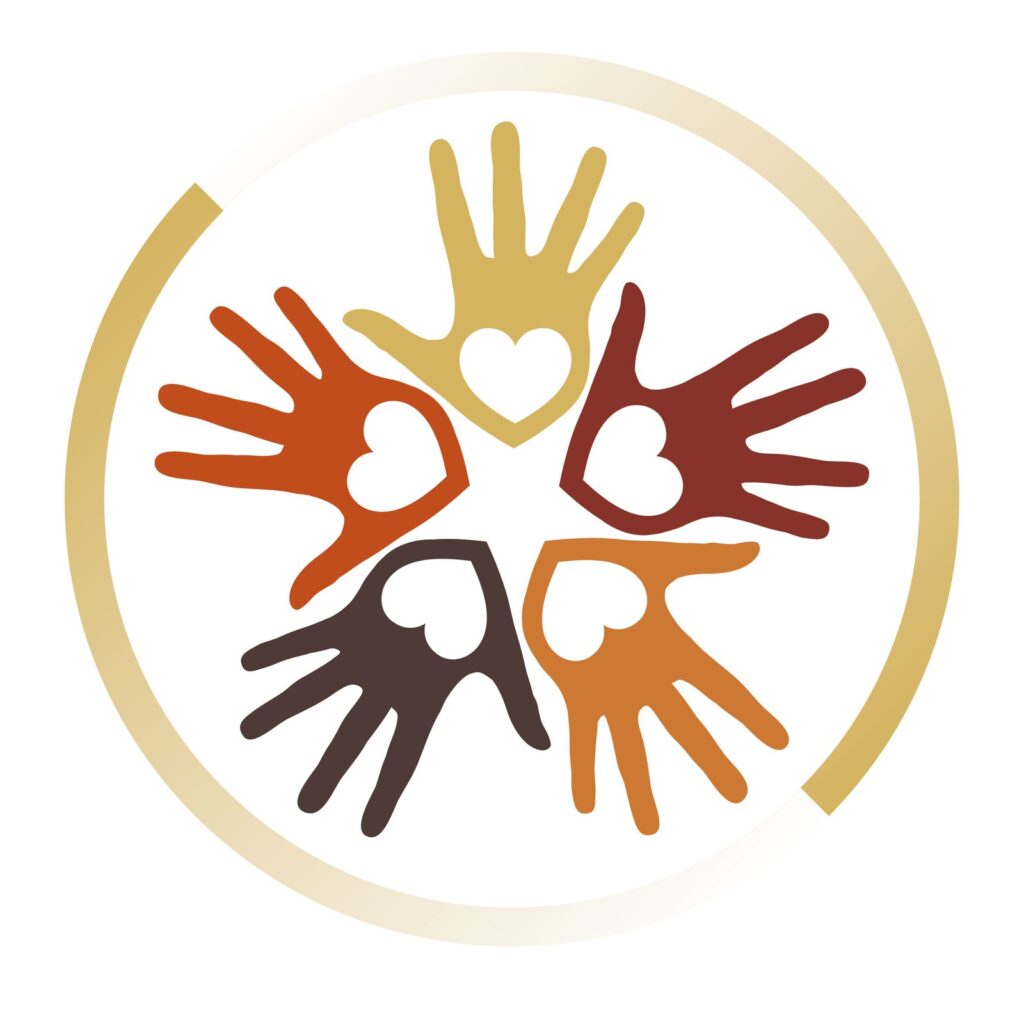As a social enterprise prioritizes its mission to its people, a crucial step in forming a social enterprise is defining and developing your team of players. Rather than emphasize shareholders, as with a for profit, a social enterprise considers all stakeholders who share a “stake” in the outcome of the enterprise. The group of stakeholders includes employees, investors, customers, and anyone involved in the product supply chain. A social enterprise also considers the environment to be a stakeholder.
Employees
Some of the most important stakeholders in a social enterprise are the employees. As an employer, a social enterprise wants to hire talented employees who resonate with the social enterprise’s mission and who expect to give something more than their time and in return will gain something more than a paycheck. A social enterprise wants to hire employees with passion and drive for the enterprises’ cause. However, these passionate employees must also possess the talent required for the job. It is paramount that social enterprises pay their employees on a pay scale that competes with traditional businesses. This means that the right employee for the job receives enough that the combination of their pay plus the value of doing meaningful work for the social enterprise outweighs the pay from a top-of-the-market competitor. You cannot settle for a second or third choice candidate because you lack the capital to compensate your first choice adequately. Inability to provide competitive pay is a sustainability issue and indicates a need to re-think the underlying financial model of your social enterprise. Darell Hammond, awarded the 2011 U.S. Social Entrepreneur of the Year Award by the Schwab Foundation for Social Entrepreneurship, states that “[You] can’t pay pauper salaries for program staff or executive staff… We have to allow them to invest in the future as far as long-term compensation and retirement savings plans, and that’s the only way that we are going to get ahead.”* A suggestion is to craft a company policy on compensation so that future discussions on pay are objective.
Customers
Your next stakeholders are your customers. Your customers may be indirect to your mission- like those willing to pay a premium for a product from a socially responsible enterprise, such as TOMS Shoes, or may be those who are directly impacted by your mission, such as Grameen Bank. It is important to understand the role that your customer base plays in driving your business. Are they the same group that you wish to make an impact on? The answer will help you understand how to price your product or service.
Investors
Another group of stakeholders are your investors. You will likely first encounter these stakeholders early on in your company’s life, as they serve a key function in getting your social enterprise off the ground. Social enterprise investors are a hybrid between a for profit investor looking primarily for a promising return on investment and a non-profit investor who wishes to foster the mission of the non-profit. Social enterprise investors do want to see ROI on their investments but are also invested in the company’s mission. It is crucial to keep your investors involved in the conversations about your company’s mission, because it is your mission that most likely attracted their attention.
Supply Chain
Yet another part of your stakeholder team is your product supply chain. If you are producing a product, where you source the materials from is an important decision a social entrepreneur must make. Companies like Ben & Jerry’s actively seek out opportunities to source their ice cream materials from other social enterprises, such as sourcing their brownies from Greystone Bakery. Check out Ben & Jerry’s commitment to social enterprise.
*Lynch, Kevin. Mission, Inc.: The Practitioner’s Guide to Social Enterprise. Berrett-Koehler Publishers, 2009. Print.


